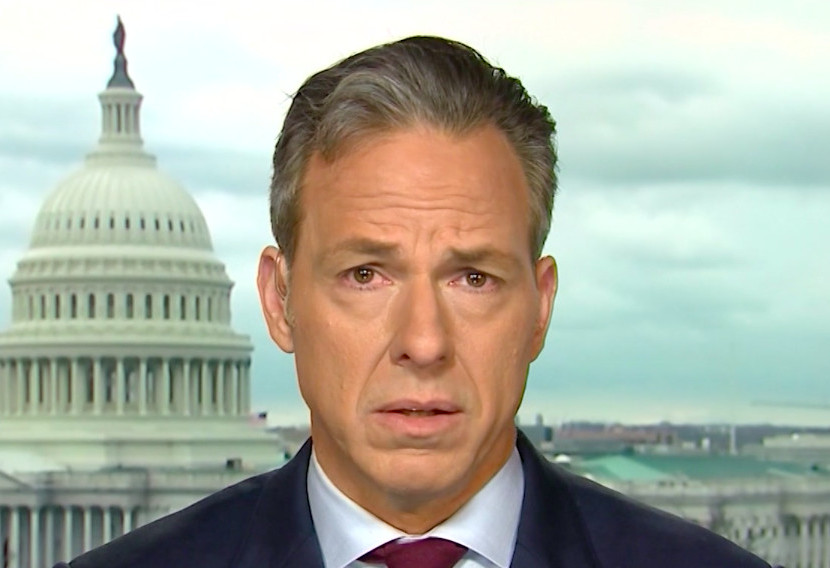On Sunday night, CNN aired a one-hour special on the president’s lies. It was a special report presented by Jake Tapper. What is the impact, he asked, of all the president’s lies? And what would happen if there were an emergency in which everyone needed to be able to trust the president?
The special covered the president’s lies on climate change and the weather, as well as countless others. I will admit I had forgotten that the president lied that it hadn’t rained during his inauguration speech until CNN reminded me. The special covered Trump’s lies about dealmaking and the impeachment inquiry and healthcare and tariffs and trade. It covered the impact of his lies on foreign policy (bad) and on the American psyche (not good!). It featured CNN fact checker Daniel Dale, whose work I praised in an earlier column, and Washington Post fact checker Glenn Kessler, whose work my CJR colleague has criticized. Richard Haass, president of the Council on Foreign Relations; Christine Todd Whitman, former governor of New Jersey; conservative commentator Amanda Carpenter; and historian Timothy Snyder shared their thoughts.
From the archives: Washington Post apologizes to freelancer after killing story over retweet
If the special had existed in a vacuum, I would have found it useful despite some quibbles. (At one point, Haass says that America has gone from principle upholder to principle disruptor, an argument with which entire countries could take exception.) It would have demonstrated that CNN understands that the president’s lies are a story unto themselves, and that it matters that the president constantly says things that are not true.
But, of course, it does not exist in a vacuum. It exists within the context of CNN—a network that, as former CNN anchor and now frequent CNN critic Soledad O’Brien put it on Twitter, “also provides a platform for the President’s lies, and for those who lie for him.”
Indeed, last Thursday I watched Chris Cuomo moderate a panel on the impeachment hearings that have been the subject of so many of Trump’s recent falsehoods. Fiona Hill had, that very morning, in congressional testimony, characterized the idea that Ukraine meddled in the 2016 presidential election as a conspiracy theory. And yet the panel featured David Urban, a Trump 2016 campaign adviser and CNN political commentator, who used the platform given to him by CNN to suggest that actually Ukraine could have interfered.
The other panel members pushed back. But if I hadn’t been following closely, I would have been confused about what to believe. Because one of CNN’s experts was up there telling me that maybe Ukraine was the problem.
Tapper’s special pointed out that merely repeating a lie, even if only to dispute it, perpetuates that lie. “This is all crazy talk, and all of it is a lie,” the special says of the Ukraine conspiracy theory. Good! I agree! But why is David Urban, a CNN political commentator and panel expert, on my television screen saying otherwise courtesy of the same network that knows this is crazy talk?
A more cynical reading would be that CNN isn’t just hypocritical, but that it wants to have it both ways. It wants to create tension and conflict on panels by having a voice from Trump’s side, even if that voice is lying, but also to be the network that calls out Trump’s lying. An even more cynical reading would be that CNN, in bringing on people who lie for Trump and then airing a special on Trump’s lies, is benefiting from it all at the expense of its viewers.
I commend CNN for airing the special. I learned something watching it: namely, that the repetition of lies is useful to liars. It is my hope that, in making this special, CNN learned this same lesson.
ICYMI: The story BuzzFeed, the New York Times, and more didn’t want to publish
Emily Tamkin serves as CJR’s public editor for CNN. See this primer for more information on our public editor project.

